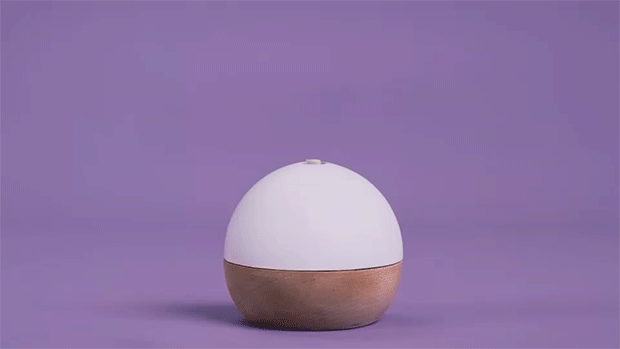Clearly, I am a world expert on speaking to groups of people: I just did my 184th event since I started counting in late 2012. No question, I know everything. But I do know what it’s like getting to the end and saying “So, any questions?” before getting silence. And more silence. And a closing “well, um, er” from me.
I don’t get that so much now and I think it’s down to three things I’ve been trying.
1) Sometimes I’ve said very early on that we’ll be having a Q&A at the end but called it Question & Argument
2) When it’s a talk, when I’m specifically there to speak for an hour or whatever instead of working with people, I’ll say early on that there will be questions and answers – but that I’ll be asking them the questions. It does tend to get a laugh but then it also leaves you with a much better ending because instead of “So, any questions?” you can say “Right, my turn” and then you ask something. It has to be relevant to the group, has to be tied to what the talk is about, but you got there early and nattered with everyone you could find, you’ve got this.
3) Look foolish. So far this has only come up in workshops where I’ve been talking about quite specific technical things but each time it’s begun because an attendee has mentioned having a developer or someone else doing their technical stuff for them. I tell them that if their developer says something different to me, they should listen to him or her – but also do please tell me. I say this because I mean it – a developer will know more than I do – but also it tells the entire audience that you’re fine with being corrected, that you’re up for being told new things.
I said you look foolish but really it’s key that you look fine with being foolish – and that you actually are fine with it. Lecturing at someone about a point and then letting them change your mind about something isn’t just the right thing to do, it oddly demonstrates a command of your subject. You’re not defensive, you’re accepting and questioning, you’re deep into this topic and seeking new ideas that you are able to examine and build on.
I’ve also fallen over chairs a few times and that was deliberate, it was, it was.
